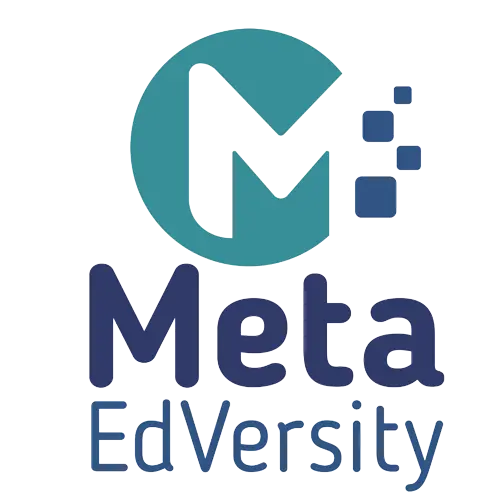Microsoft SQL Server
This training is suited to anyone familiar with computing who is interested in learning how to read and manipulate data stored in a relational database. There are a number of ways to pronounce the Structured Query Language abbreviation: SQL or Sequel. Both are correct, Sequel is often used in regard to the Microsoft Sequel server product, which is the database management tool we will use in this training. By the end of this training, trainees should be able to recognise and explain the Structured Query Language and be able to read and write SQL commands.
MongoDB
This training is designed to help trainees master the skills of designing and building cloud-native applications.
Observe first-hand the end-to-end process of building a sample cloud-native application using React, Go, MongoDB, and Docker. By taking this training, trainees will not only get to see first-hand the skills required to create a robust, enterprise-grade, cloud-native application, but they will also be able to apply them themselves as all code and deployment assets are available for them to perform their own deployment.
- A basic understanding of web-based software development
- Previous exposure to containers and containerization – in particular, docker
Oracle SQL / PLSQL
Oracle SQL is a necessary skill for any Oracle professional. In this training we cover advanced aspects of coding using SQL in an Oracle Database 12c environment. The following training can help trainees develop your Oracle SQL expertise including database concurrency transactions Oracle-specific schema objects such as indexes and PL/SQL procedures, functions, and packages; and table partitioning.
PostgreSQL
PostgreSQL is the world’s most advanced open-source database. With a focus on being open source, standards compliant, and extensible, it has become a popular choice across a wide variety of use cases.
In this training, we cover how to install, configure, use, and troubleshoot PostgreSQL. Whether trainees have worked with other databases before or are wanting to use PostgreSQL as your first, this training has something for everyone.
Teradata
Teradata Education designs, develops and delivers education that builds skills and capabilities to enable your company to maximize and expand its Teradata investment. Through our cost-effective training, trainees have access to our highly experienced instructors and a world-class collection of online content and instructor-led training
IBM DB2
This training provides trainees with information about the functions of IBM’s DB2, a relational database manager which may be installed under a variety of operating systems on many hardware platforms. DB2 runs under the z/OS, VM, Linux, UNIX, and Windows operating systems, to name a few. The training includes discussion of how the DB2 products provide services. The focus is on the services DB2 provides and how we work with DB2, not on its internal workings.
Spark SQL
This training is all about big data. It’s for learners with SQL experience that want to take the next step on their data journey by learning distributed computing using Apache Spark. Learners will gain a thorough understanding of this open-source standard for working with large datasets. They will gain an understanding of the fundamentals of data analysis using SQL on Spark, setting the foundation for how to combine data with advanced analytics at scale and in production environments. The four modules build on one another and by the end of the training, trainees will understand: the Spark architecture, queries within Spark, common ways to optimize Spark SQL, and how to build reliable data pipelines.
Google Cloud SQL
If we’re going to create and implement an application on the Google Cloud Platform system operations, then understanding these services are going to help us to create highly available, highly scalable applications. All the major cloud providers offer the ability to set up virtual machines, networks, auto-scalers, and load balancers. Where the Google Cloud is different is in the speed of creating and starting up virtual machine instances. If you’re looking to learn more about the Google Cloud systems operations, then this may be the training for you.
Amazon RDS
This introductory training provides a solid foundation in monitoring Amazon RDS using AWS tools.
It begins by getting trainees acquainted with monitoring databases hosted on the Amazon RDS service and then moves on to explore the available AWS tools that can be used for this purpose.
To get the most out of this training, trainees should have a basic knowledge of cloud computing (Amazon Web Services in particular) and have a high-level understanding of how relational databases work.
MySQL
This training is suited to anyone familiar with computing who is interested in learning how to read and manipulate data stored in a relational database. There are a number of ways to pronounce the Structured Query Language abbreviation: SQL or Sequel. By the end of this training, trainees should be able to recognise and explain the Structured Query Language and be able to read and write SQL commands.
Schedule a Demo
Fill the form to schedule a demo with us.

